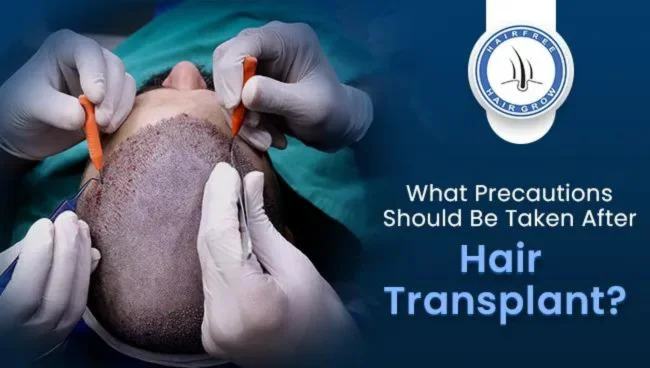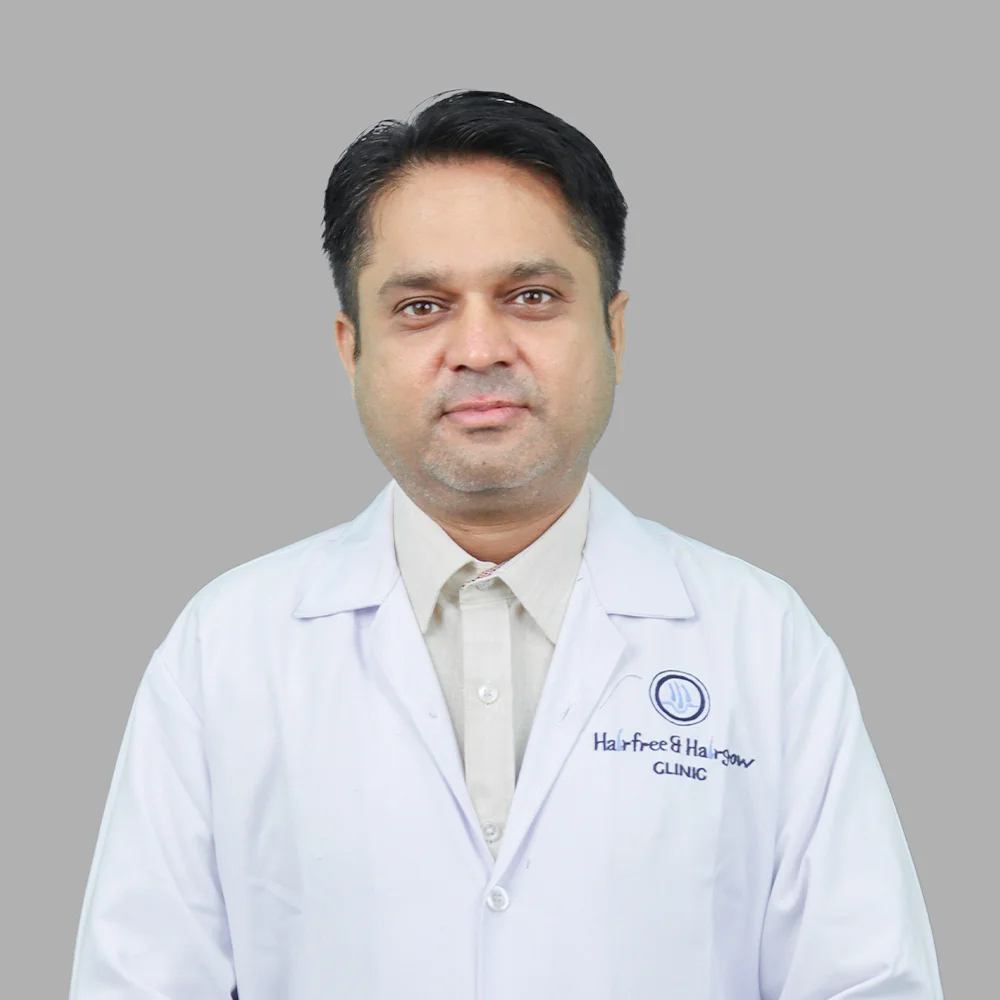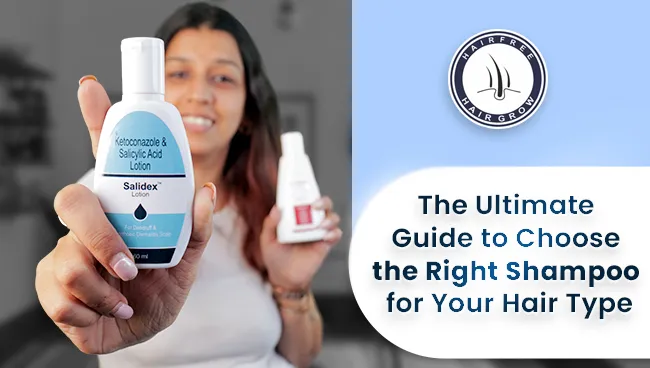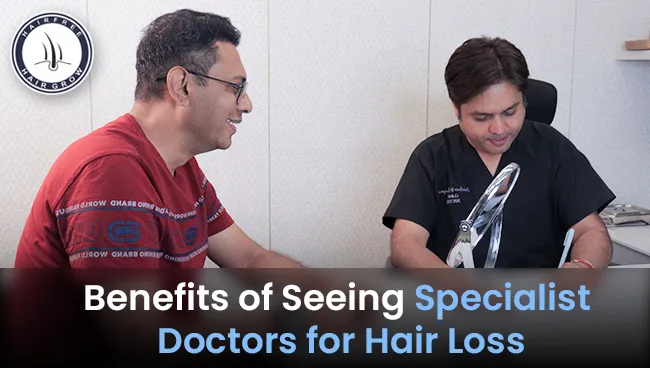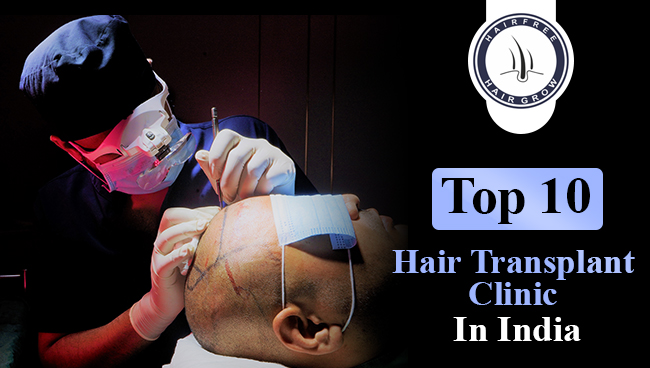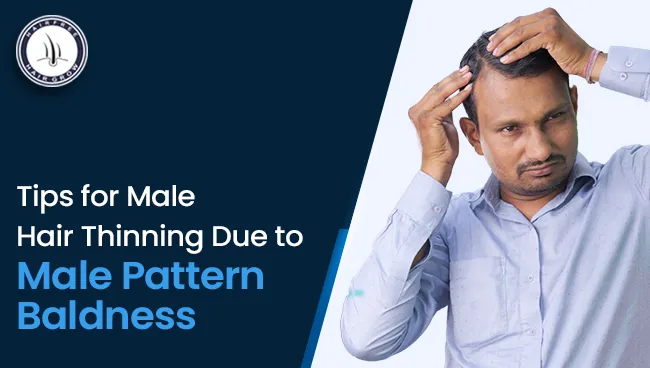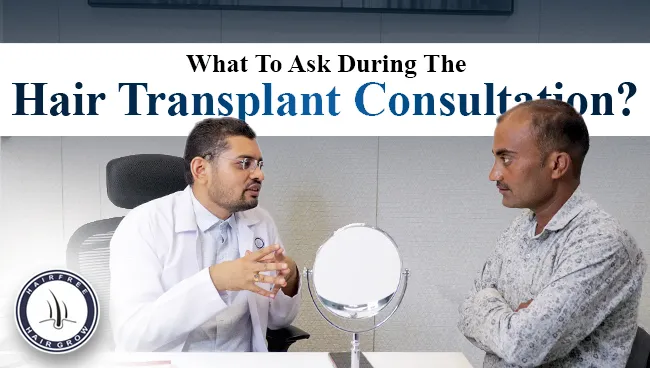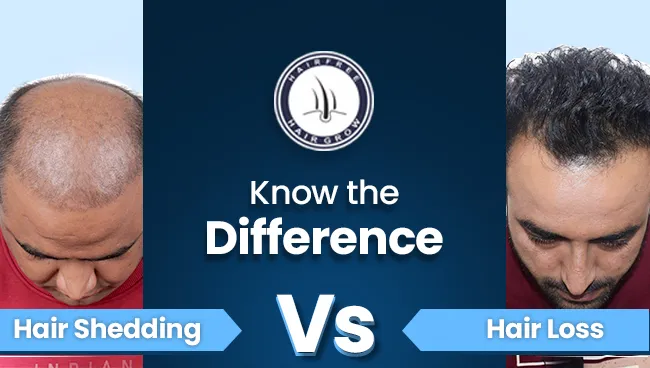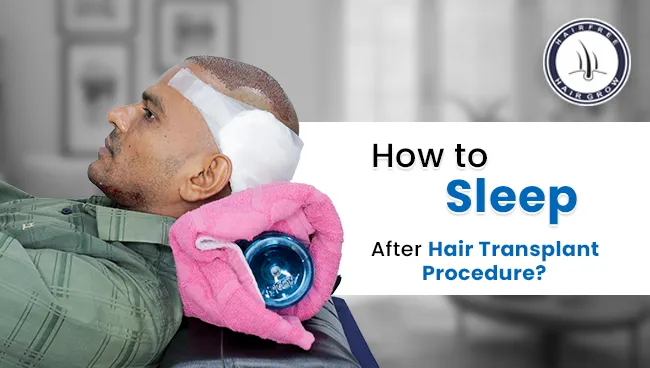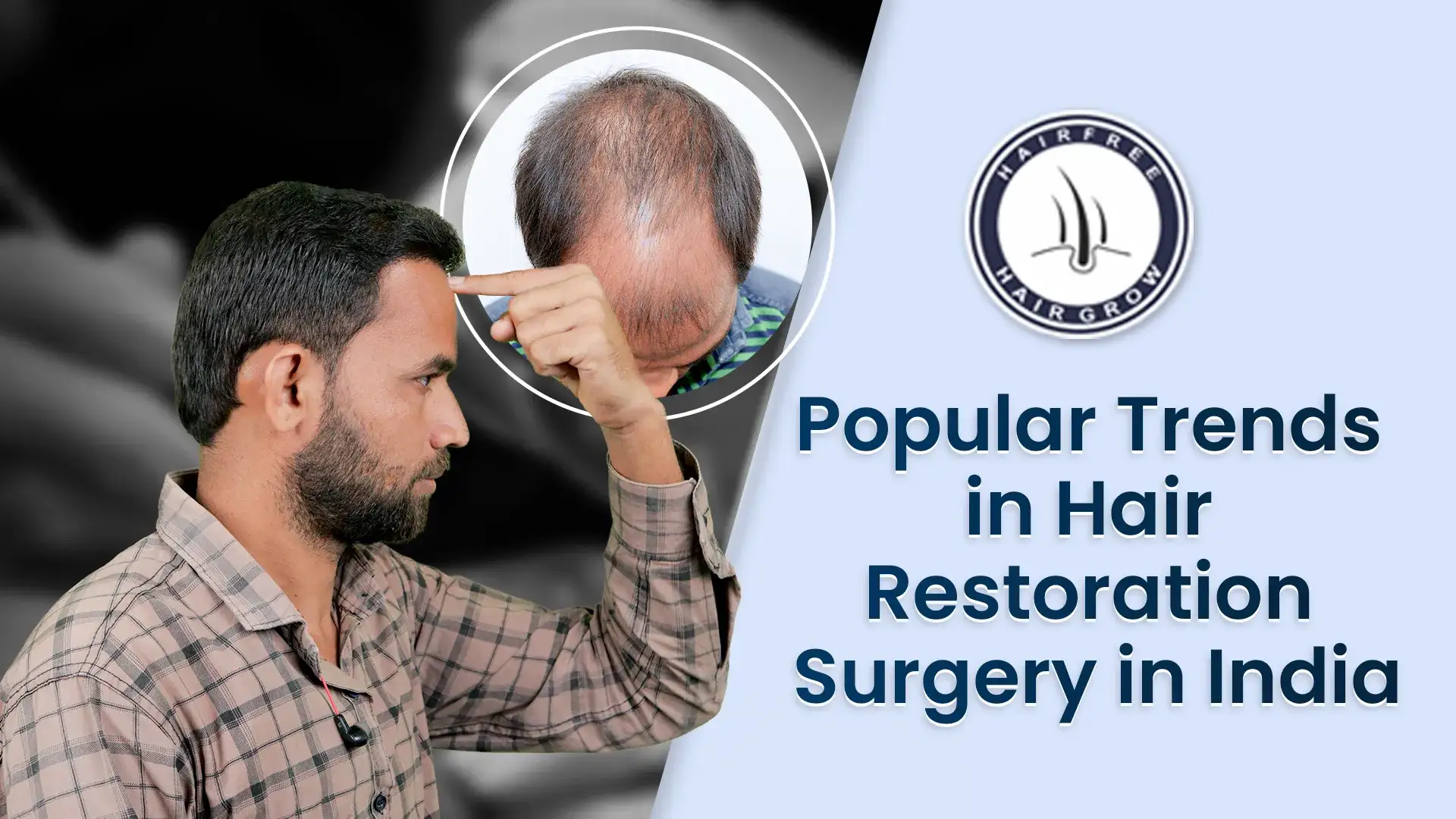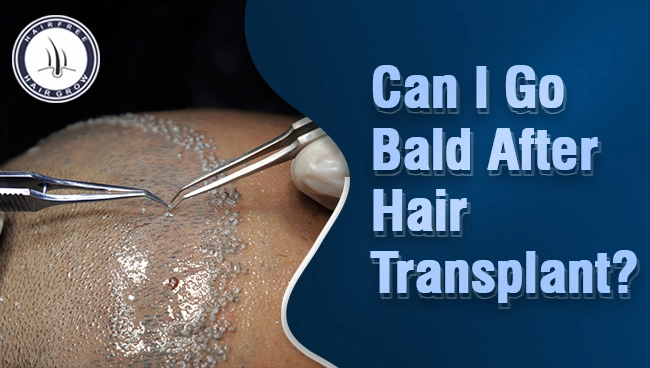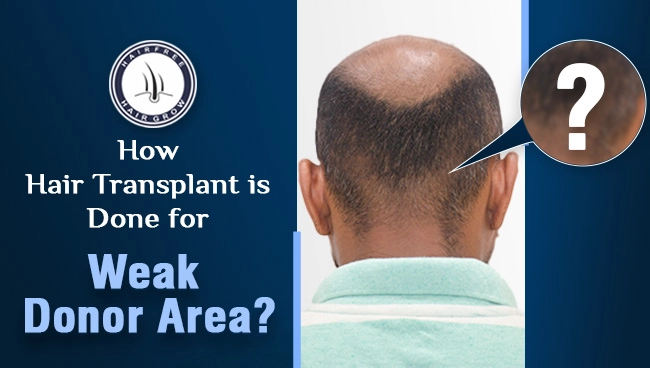Hair transplant surgery has become popular for people looking to restore their hairline and regain their confidence. It’s a safe and effective procedure that involves transplanting hair follicles from one area of the scalp to another. However, as with any surgery, certain precautions need to be taken after the procedure to ensure a successful outcome. This article will discuss the precautions you should take after a hair transplant to protect your newly transplanted hair. Following the necessary precautions after hair transplant is crucial for optimal recovery and results.
Precautions After Hair Transplant: Important Precautions to Be Taken
After your hair transplant procedure, it can take 2-3 months for the new follicles to take and begin growing new hair fully. During this time, it is important to follow the post-transplant aftercare program provided by your clinic to ensure the best possible results.
Initially, your new hair growth may be rough and uneven, but over time you should start to see a fuller and more natural-looking head of hair. Most patients reach full natural hair growth around 10 months after the procedure, but recovery times can vary from patient to patient.
If you are concerned about the pace of your hair re-growth, it is important to remember that every patient’s recovery is unique, and slower growth does not necessarily mean that the procedure was not effective. If you have any concerns, your clinic should offer aftercare support and checkups to ensure your recovery is progressing.
Avoid Washing Your Hair
After hair transplant surgery, you should not wash your hair for the first 48 hours. This is to prevent the transplanted hair follicles from being dislodged or damaged. After 48 hours, you can gently wash your hair using a mild shampoo and your hands, avoiding any scratching or rubbing. It is essential to be gentle while washing your hair to avoid damaging the transplanted follicles.
Avoid Styling Hair Products
You should wait at least four weeks after hair transplant surgery before applying any hair dye or styling products that contain harsh chemicals. This is because these products can damage the transplanted hair follicles and delay the healing process. It is essential to let your hair and scalp heal before applying any hair products.
Avoid Dehydration
Drinking plenty of water is essential after hair transplant surgery to keep your body hydrated and aid in the recovery process. You should drink at least 10% more water than you usually do for a couple of weeks after the surgery. This helps promote healthy blood flow to the scalp and adequate hydration, which is crucial for healing.
Avoid Ice and Sun Directly to the Scalp
You should avoid applying ice directly to the areas of your scalp with transplanted hair, as it can cause damage to the hair follicles. Additionally, it is crucial to avoid exposing your scalp to direct sunlight between 10 AM and 2 PM for the first two weeks after the surgery. This is because direct sunlight can cause skin damage and hinder healing.
Avoid Dyeing Your Hair
One of the most crucial things you need to avoid after a hair transplant is dyeing your hair. It’s essential to wait at least four weeks after the procedure before you dye your hair again. Harsh chemicals found in hair dyes can compromise the success of the transplanted follicles, especially when they are in that initial frail state directly after transplantation. Your surgeon will provide you with instructions on when it is safe to dye your hair again.
Avoid Alcohol Consumption
Another important thing to avoid after a hair transplant is consuming alcohol. You should avoid alcohol for about five days after the procedure. Alcohol in your system can interfere with the blood supply to the head, which is important for new hair growth. It’s crucial to follow your surgeon’s instructions carefully to ensure the success of the procedure.
Avoid Strenuous Activities
It’s important to avoid any physical activities that may interfere with the healing process during the recovery period. Strenuous activities such as heavy lifting, running, and exercise should be avoided for at least two weeks after the surgery. Your surgeon will provide you with detailed instructions on when it’s safe to resume your regular activities.
Be Gentle with Your Hair
After a hair transplant, being gentle with your hair is essential. Avoid scratching, rubbing, or touching the newly transplanted hair for at least two weeks after the surgery. You should also avoid wearing hats or tight-fitting headwear that may pressure the newly transplanted hair.
The success of your hair transplant surgery largely depends on the aftercare process. It’s crucial to follow your surgeon’s instructions carefully to ensure the success of the procedure. Your surgeon will provide you with detailed instructions on how to care for your scalp and what to avoid during the recovery period.
Conclusion
Getting a hair transplant can be an excellent solution for people struggling with hair loss. However, taking proper precautions after the procedure is essential to ensure the best results. By following the guidelines provided by your surgeon, you can help prevent complications and promote healing.
Some of the most crucial precautions to take after a hair transplant include avoiding strenuous exercise, wearing loose-fitting clothing, and avoiding direct sunlight. It’s also important to avoid smoking and alcohol, which can interfere with healing.
At Hairfree & Hairgrow Clinic, we’re more than just your surgeons – we’re your guides too. We’ll be with you every step of the way, from your initial consultation to achieving the results you’re looking for.
Written By
MD (Skin & VD)
Disclaimer
We’ve made all possible efforts to ensure that the information provided here is accurate, up-to-date and complete, however, it should not be treated as a substitute for professional medical advice, diagnosis or treatment. See Detailed Disclaimers Here.

